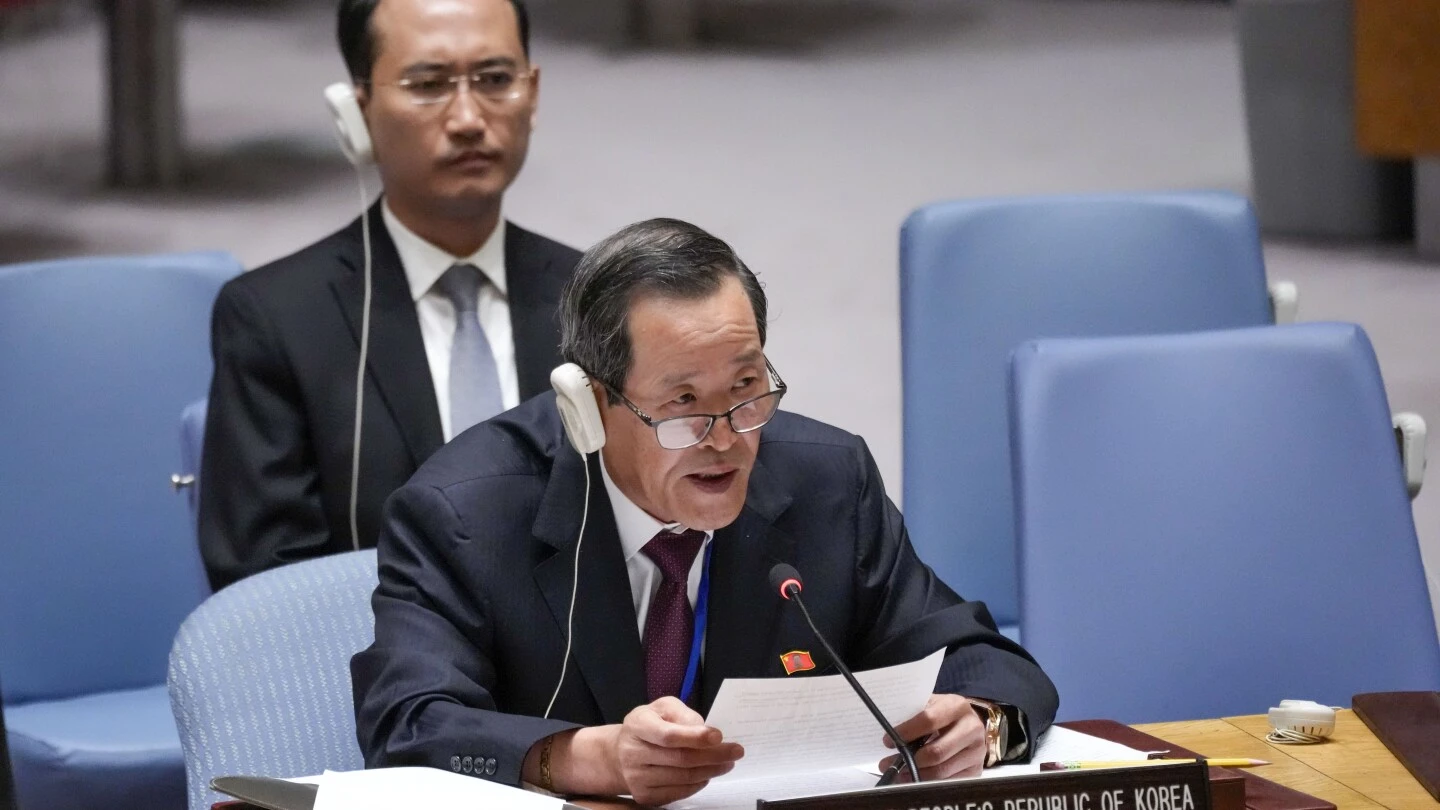Land in North Korea is widely known to be barely arable. So if they can't meet demand domestically, they must import food.
Climate, terrain, and soil conditions are not particularly favorable for farming, with a relatively short cropping season. Only about 17% of the total landmass, or approximately 20,000 km2, is arable, of which 14,000 km2 is well suited for cereal cultivation; the major portion of the country is rugged mountain terrain.^1
The weather varies markedly according to elevation, and lack of precipitation, along with infertile soil, makes land at elevations higher than 400 meters unsuitable for purposes other than grazing. Precipitation is geographically and seasonally irregular, and in most parts of the country as much as half the annual rainfall occurs in the three summer months. This pattern favors the cultivation of paddy rice in warmer regions that are outfitted with irrigation and flood control networks. Rice yields are 5.3 tonnes per hectare, close to international norms.^2
But, they have trouble importing food, because the USA has decided to sanction and blockade them. This affects not only direct trade with the USA, but because of the way sanctions work when issued by the USA, any country that also itself does trade with the USA is at risk themselves to be sanctioned by the USA for trading with North Korea.
So, you have a situation where they can't grow enough domestically, and foreign powers are preventing them from importing the food they need. And you want to say it's their fault that they have food shortages?
Of note, nearing 100% of North Korea's foreign trade is with China. Of that, food imports constitute a sizeable portion.
Now, I do not know why they do not import more food (enough to meet all demand) from China; I do not know if China is not allowing it, or if North Korea is not trying it, or if North Korea can not afford it, or what have you. If you have information on this specifically, please provide me sources (and not speculation) so that I can learn.

